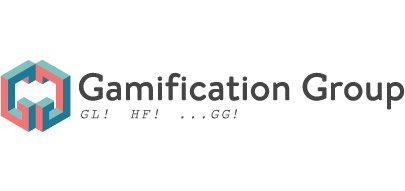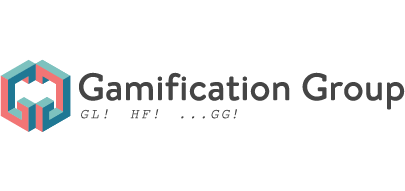
Although the realisation of digital technologies which induce ASoC is currently in its infancy, a detailed examination of this issue is necessary in order to explore, understand, and anticipate the possible ramifications of digitally-induced ASoC across a range of socio-cultural domains. DIAL researches the possible directions of digitally-induced ASoC and their implications for individuals and society; the research combines anticipatory anthropology with futures research to identify and investigate the social, cultural, legal, and economic antecedents and effects of digitally-induced ASoC.
The primary scientific impact of DIAL is in laying the foundation for the study of an entirely new phenomenon: digitally-induced ASoC; it will create a roadmap for future academic work across a range of disciplines, from HCI to social policy. Furthermore, by examining areas of interest through the lens of futures research, DIAL provides insights that inform the understanding of contemporary issues of note, such as biohacking, digital security, and problematic media consumption. In addition to scientific impact, DIAL will also produce notable societal and cultural impact by allowing policy-makers, regulatory bodies, and NGOs to plan future strategies and educational actions.
DIAL is dedicated to paving the way for a new field of research and its communication with the society. At the core of DIAL is interaction with a wide range of stakeholders, from technology professionals to the general public.
DIAL is a three-year research project funded by Kone Foundation. The project team includes Prof. Juho Hamari, postdoctoral researchers Dr. Mila Bujić and Dr. Joseph Macey, and doctoral researchers MA Terho Ojell-Järventausta and MSc Anatolii Belousov.
Interested in knowing more or participating in research? See dialproject.org or get in touch (firstname.lastname [at] tuni.fi).






